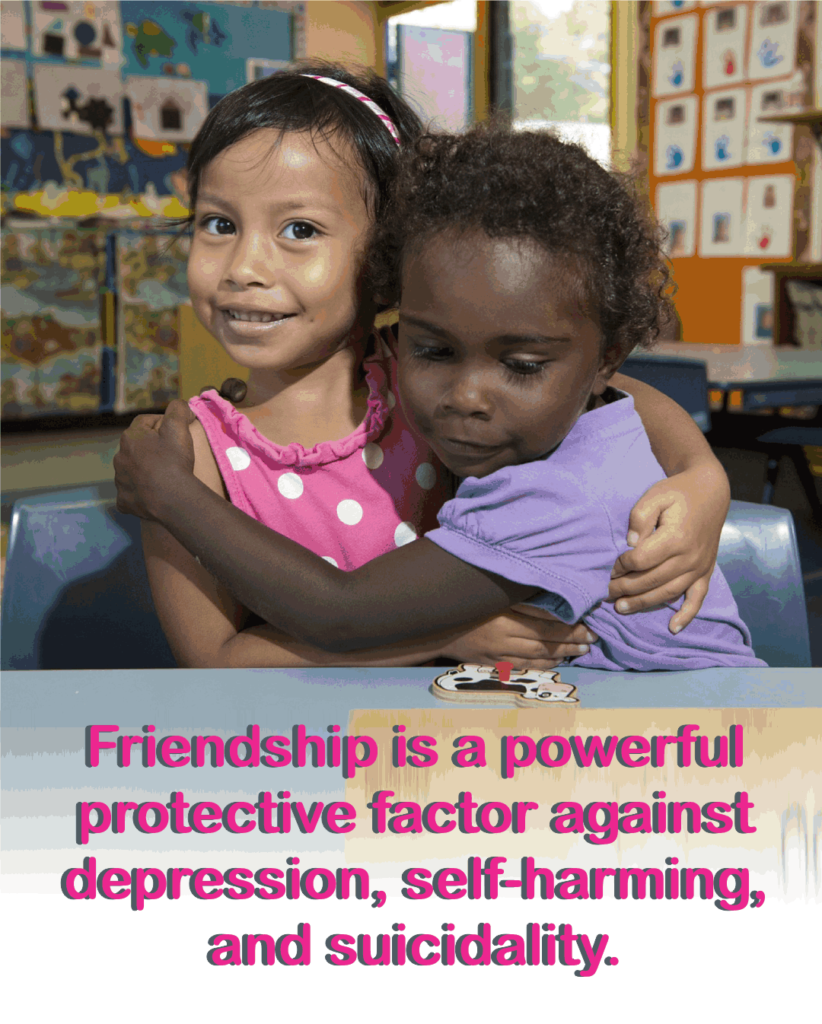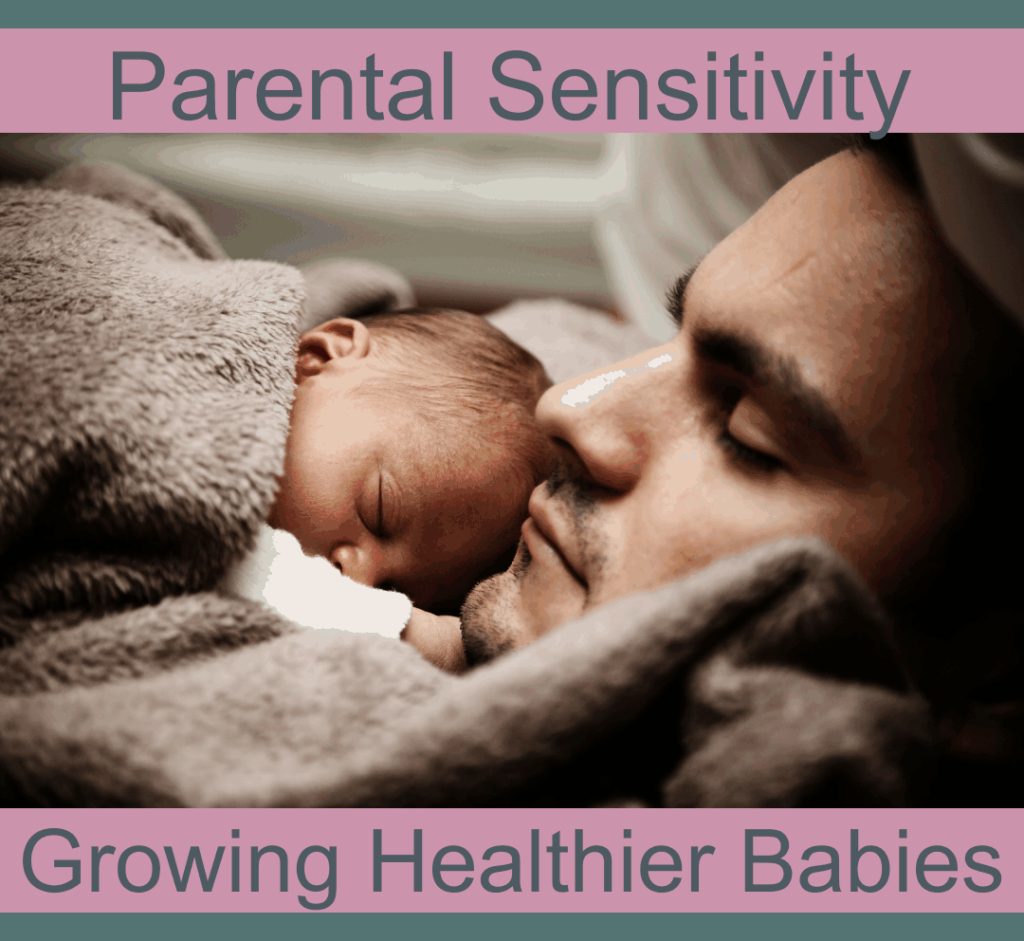Early Intervention is the key to raising healthy children according to Dr. Darleen Claire Wodzenki of Orchard Human Services, Inc. Early missteps in child development can lead to much bigger problems later in life. Children can experience challenges with learning, behavior, emotional self-regulation, and even mental health. Getting to developmental challenges within the first few years of life is critical for giving children the best chance at a happy, healthy, and effective life. Orchard offers direct services in Metro Atlanta including Alpharetta, Marietta, Cumberland and College Park. Parents can schedule a consultation to check on their child’s developmental status … even in the first year of life. Early identification and intervention often lead to better outcomes for infants, children, and teens.

Early intervention can involve so many fun and awesome things with infants and children. Parents may think it sounds scary or overwhelming to think about having their child evaluated for early identification of developmental and other challenges of childhood. The opposite is true. Early identification allows us to do an Early Intervention that can change the child’s life … in very good ways … forever.

Cuddling is one important therapy we use for certain types of developmental challenges. Examples include Sensory Processing Disorder, Reactive Attachment Disorder, and some Neurodevelopmental Challenges including Autism. Dr. Darleen Claire suggests that parents consult with a Developmental Pediatrician if they suspect any serious challenges; regular pediatricians are able to refer parents to the Developmental Pediatric specialist so insurances can cover. Parents know their child best, so they can ask for a referral to the Developmental Pediatrician if they have a sense that something is off with their child’s development.
One critical area of childhood development that is often a focus of early intervention is emotional self-regulation. In plain language, emotional self-regulation means handling one’s own emotions and remaining focused, calm and effective even when faced with big feelings. Emotional self-regulation has several parts, beginning with understanding and being able to name and identify different emotions. The second part has to do with noticing when emotions change and how some emotions impact behavior. The third part has to do with learning to choose how to behave no matter what feelings are happening, as well as learning to direct one’s own emotions.
Parents are encouraged to seek early evaluation if they suspect any challenges with their child’s development. Developmental evaluations begin with simple observation and gathering of data from parents and teachers or other caregivers. When a problem is identified early, the child can receive early intervention. Research shows that early identification and intervention can often reduce and in some cases completely eliminate any future complications of challenges in the child’s life. So parents can feel secure in making the decision to as for an evaluation, and even to ask for a referral to a developmental pediatrician should they have concerns that are not shared by the child’s pediatrician. Parents are their child’s best advocate.






